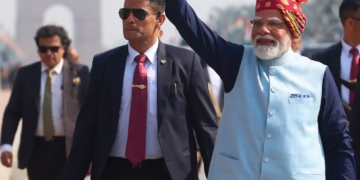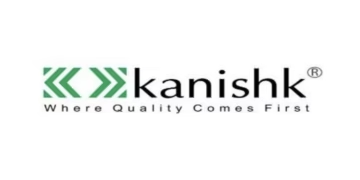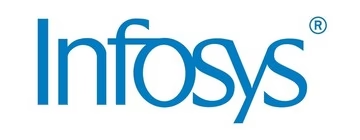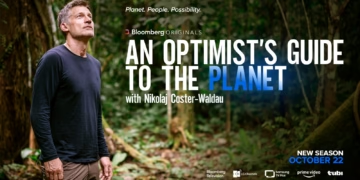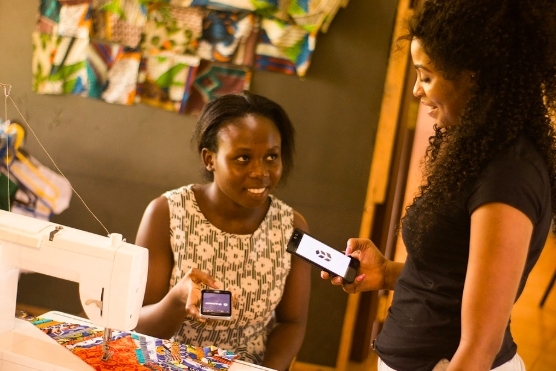June 21, 2018 09:51 AM Eastern Daylight Time ZUG, Switzerland–(BUSINESS WIRE)–Bancor, the decentralized network for digital currencies, announced today it is launching the world’s first blockchain-based community currencies in Kenya aimed at combating poverty through the stimulation of local and regional commerce and peer-to-peer economic collaboration.
“Communities should be afforded the same privileges as nations to develop their own prospering economies with the stability of their own currencies.”
The pilot — which enables Kenyan communities to create and manage their own digital tokens — will utilize blockchain technologies to break down barriers that have historically hindered the use of community currencies worldwide, despite their documented benefits to community members.
Bancor is seeding the initial currencies by contributing capital generated from its $153 million token sale in June 2017. The efforts will be overseen from Nairobi by Bancor’s new Director of Community Currencies, Will Ruddick. Ruddick was previously imprisoned while building his non-profit foundation (Grassroots Economics) and its community currency programs, which he later re-launched in partnership with the Kenyan government.
Ruddick and his team will utilize the Bancor Protocol to expand Grassroots’ existing paper currency system (serving over 1,000 business and 20 schools in Kenya) into a blockchain-based network. Supporters of the initiative will be able to buy and sell the local currencies using popular cryptocurrencies or a major credit card, allowing users globally to support the communities from afar.
Bancor’s technology enables users to create digital currencies that hold one or more balances in a connected currency. These currencies, known as Smart Tokens, rely on smart contracts to automate currency conversions and calculate prices based on a currency’s supply, which adjusts dynamically to its use. The unique innovations are already being used to process over $20 million per day in token conversions via the Bancor Network, and are now being rolled out to underserved communities across Kenya. Project plans include:
- First pilots to launch in Kawangware and Kibera, the two largest underserved neighborhoods in Kenya.
- Grassroots will tap its network of local businesses to circulate the currency by offering discounts and other benefits to customers who use it to transact.
- As more people buy and hold the local currency, its market cap will increase, creating wealth and purchasing power for its holders.
- A balance in a stabilized “parent” cryptocurrency that is under development will be initially pegged to the national currency (the Kenyan Shilling) and enable convertibility between the network of local currencies at algorithmically calculated prices.
Bancor’s founding team previously launched numerous community currency pilots serving diverse communities. A currency for a local community of mothers processed over 1,000 transactions per day at its peak, though activity eventually tapered off due to the currency not being transferrable outside the group — a problem that Bancor’s technology aims to solve.
Dr. Bernard Lietaer, Co-creator of the Euro and a pioneer in community currencies, joined the Bancor Protocol Foundation last year and will advise the project. Both he and the Bancor team have been outspoken on the potential of community currencies to combat global poverty using a bottom-up approach to sustainable economic development. The efforts come as a number of groups aim to use blockchain and smart contracts to build the next generation of aid and impact investing tools.
“We have seen the crypto world generate roughly $300 billion for new currencies, and we believe the same mechanics can be applied to help communities create wealth on a local level through the use of blockchain-based community currencies that fill regional trade gaps, enable basic income and food security, and promote thriving local and interconnected global markets,” says Galia Benartzi, Co-founder of Bancor.
Added Ruddick, “Communities should be afforded the same privileges as nations to develop their own prospering economies with the stability of their own currencies.”


